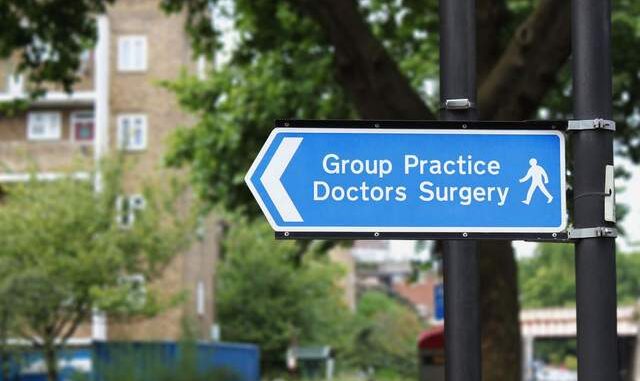
New data shows that most General Practitioners (GPs) saw their incomes increase to an average of £142,000 during the covid pandemic
According to official National Health figures, as surgeries closed their doors to patients and routinely restricted face-to-face appointments, the earnings of family doctors rose to unprecedented heights.

BYPASS THE CENSORS
Sign up to get unfiltered news delivered straight to your inbox.
You can unsubscribe any time. By subscribing you agree to our Terms of Use
Latest Video
The Telegraph reports: GP partners – who make up the majority of family doctors – saw average incomes rise by £20,000 to £142,000 in the 12 months after the first lockdown.
The 17 per cent rise, the largest on record, came as the NHS moved to a system of “total triage”, with patients refused GP appointments in person unless they had a telephone consultation first.
Some of the extra money will have come from delivering the Covid vaccine rollout and because GPs were paid for tasks they no longer had to do during the pandemic.
On Thursday night, patients’ groups said the increase was “extremely difficult to justify” and would prove “incredibly irritating and distressing” to people who have struggled to see a GP.
It comes as GPs threaten industrial action over a contract that forces some practices to open on Saturdays. The vote was passed at the British Medical Association (BMA) annual conference earlier this summer, when doctors were urged to “channel our inner Mick Lynch”.
The statistics for England show that average incomes for all GPs, including salaried doctors, rose by 11 per cent in the first year of the pandemic, increasing from £100,700 in 2019-20 to £111,900 in 2020-2021.
The NHS Digital figures are the average earnings per GP in England, regardless of the hours they worked, and include any private work.
Government research revealed that most GPs now work three days or fewer a week following a “substantial” fall in hours since the pandemic. The figures for 2021 showed 58.4 per cent of family doctors working six half-day sessions or less – the equivalent of three days.
Earlier this year, figures revealed that public satisfaction with GP services had fallen to the lowest level on record. Under two-fifths of people were satisfied with the service from family doctors last year, according to the British Social Attitudes survey, the lowest proportion since it began in 1983.
Before the pandemic, around 80 per cent of GP consultations took place in person. During the first lockdown that fell to as low as 47 per cent, since when it has risen to 65 per cent.


